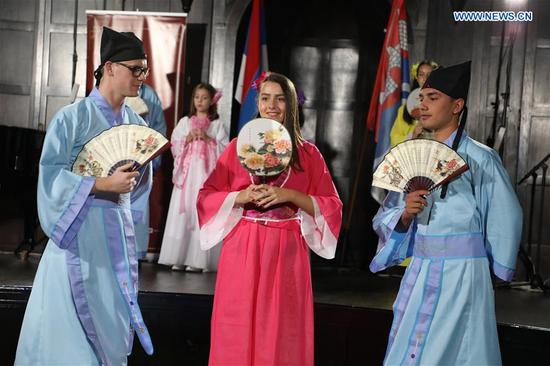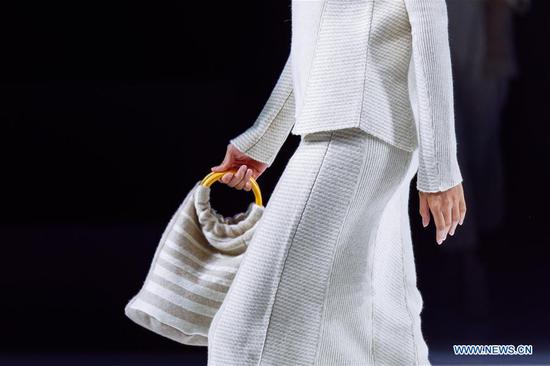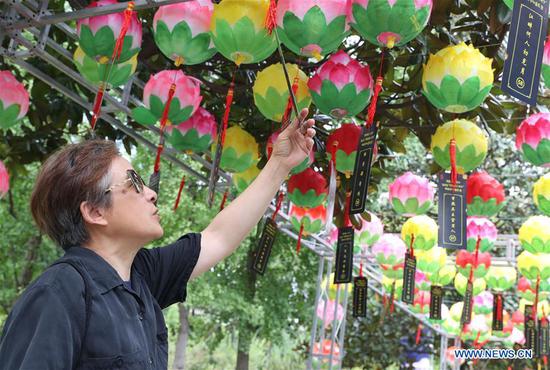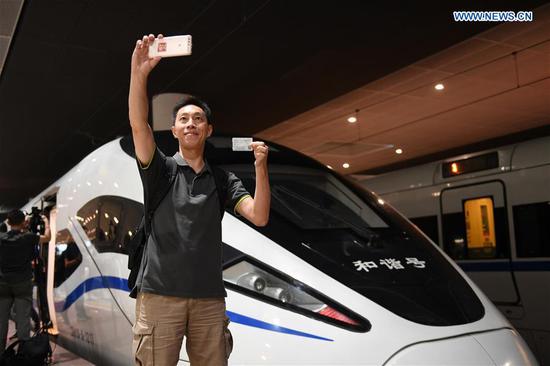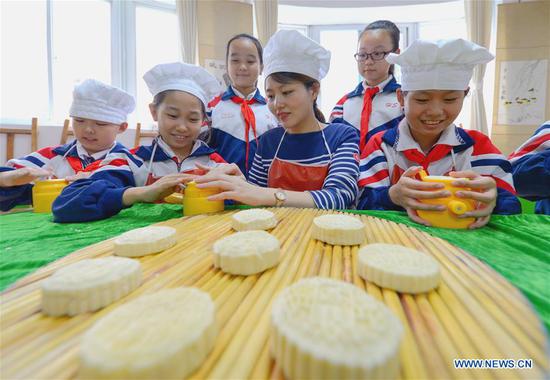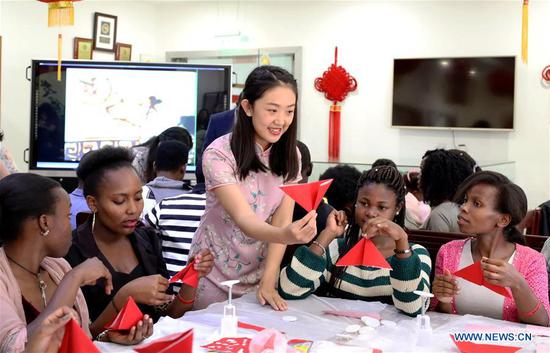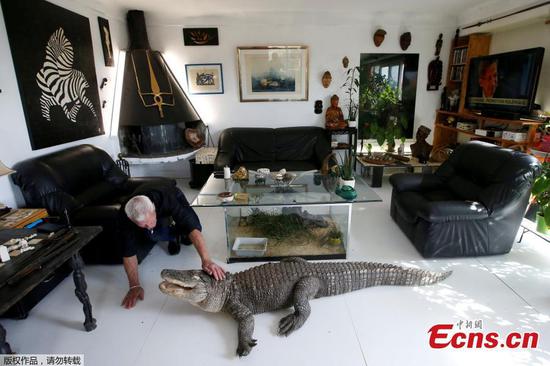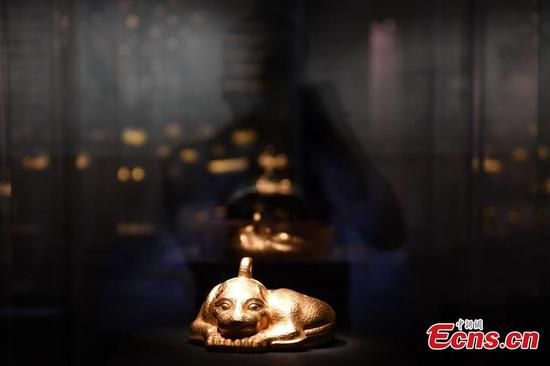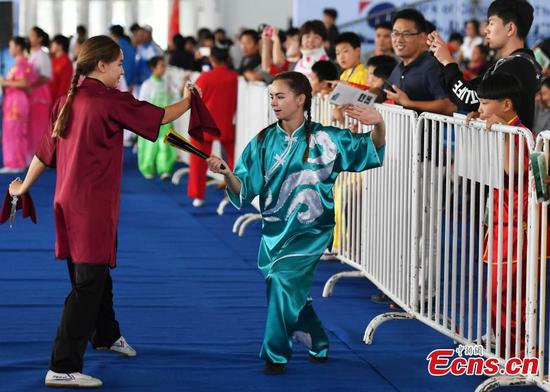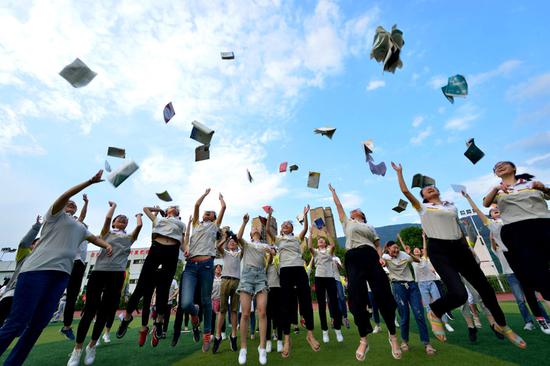
Students from Baokang county, Hubei province, throw books into the air to celebrate the end of the gaokao exam in June. (Photo provided to China Daily)
Two more universities in the United States have begun accepting scores from China's national college entrance exam, or gaokao, as entry criteria to attract more Chinese students.
Adelphi University, a private school in New York, and Louisiana State University said recently that they would use gaokao scores alone to admit Chinese students - meaning they no longer need to take the SAT or ACT tests or submit their score in the TOEFL, an internationally recognized English proficiency test.
Still, Chinese students must demonstrate English skills. While they can apply for Adelphi's international program and LSU's global program immediately, they must complete eight weeks of English-language courses, starting in October. After that, they can start their first year at one of the universities in January.
The two universities also offer scholarships to Chinese students, ranging from $5,000 to $15,000 depending on their gaokao score.
Since 2015, U.S. universities have increasingly accepted gaokao scores as part of the application process for Chinese students, but they still require either a minimum English proficiency test score or, in the case of University of San Francisco, to pass an interview.
Shawn O'Riley, dean of the College of Professional and Continuing Studies at Adelphi, said accepting gaokao scores for admission is something the university worked hard to implement.
Removing even small barriers from the admissions process will help the university recruit top students from China and give those students access to a program designed specifically with them in mind, he said.
"Chinese students at the university have achieved better grades than their U.S. counterparts, and that's why we prefer students from China," he said. "We have around 300 Chinese students and plan to significantly increase the number."
Todd Ellwein, managing director of LSU's global program, said students who achieve high scores in the gaokao are not only the best students in China but also the world.
The gaokao is a good way of selecting talent, and a high score in the exam is proof of good basic knowledge, perseverance, patience and a strong ability to deal with high pressure and compete with others, he said. "The Chinese students who come to LSU are extremely well prepared for university. They are very talented students."
Shi Yan of Chivast Education International, a consultancy in Beijing, said many universities in Hong Kong, Europe, Australia and Canada, including the prestigious University of Toronto, already recognize the gaokao as an admission criterion.
Accepting gaokao scores in the admissions process will help U.S. universities tap into a group of students who did not score high enough to get into their first-choice college in China, Shi said.
Given the fierce competition for university slots in China, studying in the U.S. can be a good alternative, and the study experience in the U.S. can improve a student's resume, as it demonstrates that they have good intercultural understanding and a strong command of English, she said.

















